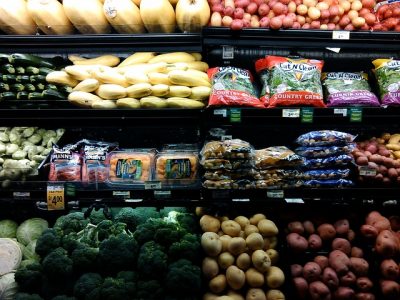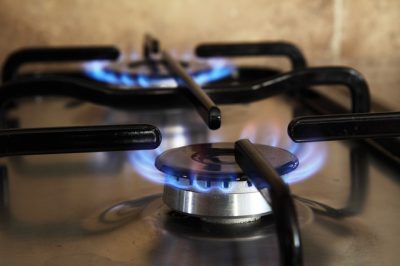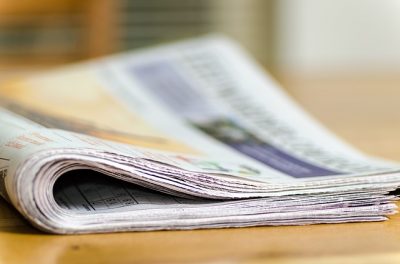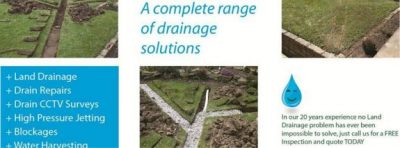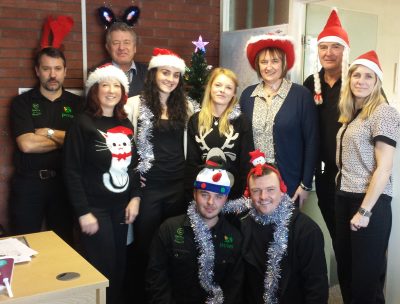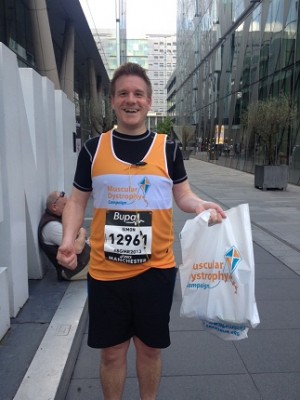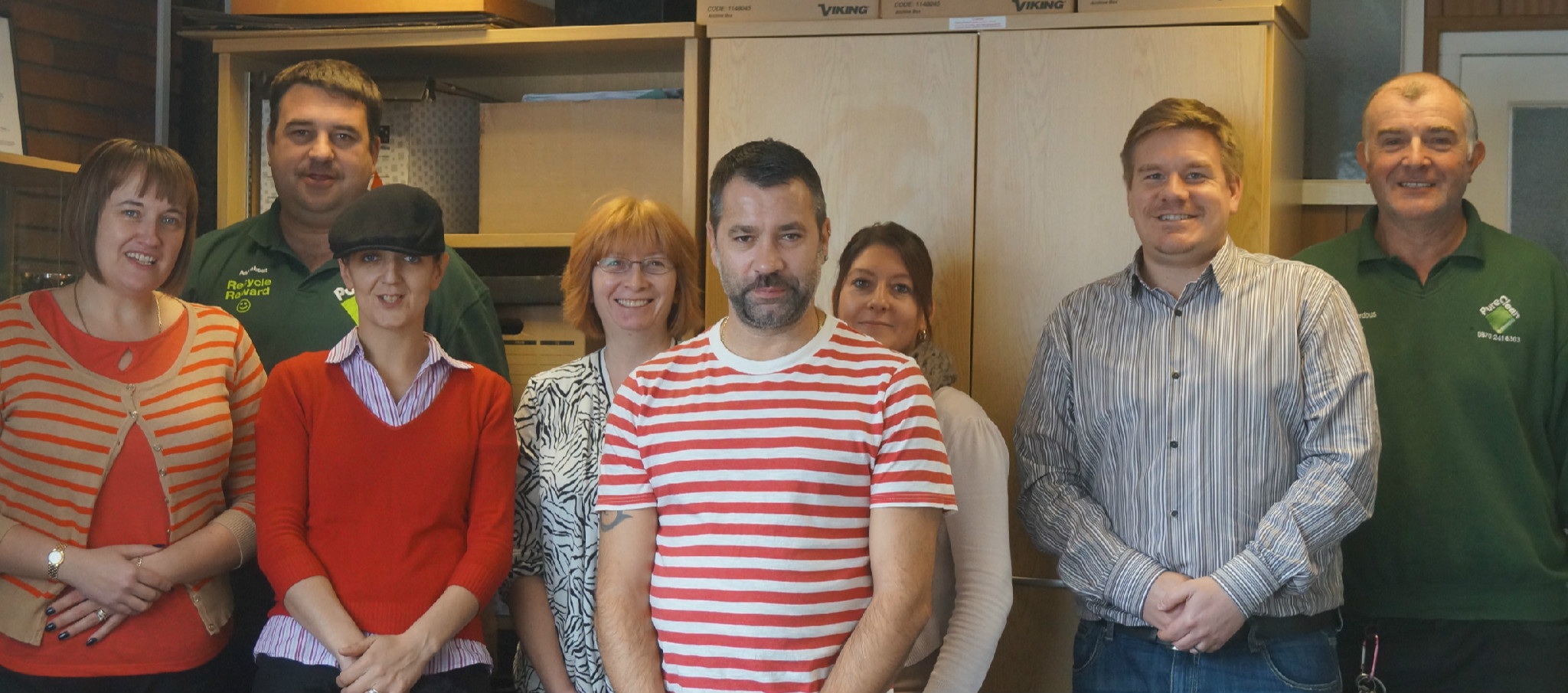How cold has it been lately? The beast from the east has been more beastly than expected and storm Emma hasn’t exactly done us any favours bringing with her even more flurries of snow. When it’s this cold, the last thing you think about is recycling, waste reduction and waste collections, all you want to do is stay warm and hibernate at home! We still have our responsibilities though, and you can dispose of waste carefully no matter what the weather is doing by considering this.
Check bin collection dates
In adverse weather conditions, local authorities might have to change their regular bin collection days, especially if snow blocks specific routes and they can’t make collections for safety purposes. Look for updates online to see if your household is likely to be affected. This way you can be forewarned and ready to take your bin out on the new proposed date.
Double-bag food waste
If it looks like it’s going to be a while before your bins will be collected, double-bag food waste, nappies and items that will perish quicker, and let cooking fats cool before pouring them into plastic bottles with lids, ready to be recycled when the weather warms up a bit.
Store bottles in your garage
Anything you would normally take to the household recycling centre can be stored inside your garage, shed or basement until the roads are clear and safe to use once more. Don’t make unnecessary journeys in wintry conditions, a few jars or some cardboard boxes can certainly wait to be recycled until the weather is a little more favourable.
Keep the path to your bin clear
Make sure you’re ready to react if you discover your bins are going to be collected at short notice, and keep the path to them nice and clear, so you can wheel them out without any danger of slipping or falling. Use a snow shovel to clear a path, and put down rock salt if necessary to make access easy and slip-free.
Even in the most extreme conditions we can still think about waste and how we can dispose of this safely. For more details about the waste collection services we provide here at Pure Clean Waste Solutions, please contact us today or call us on 0161 430 1111.

